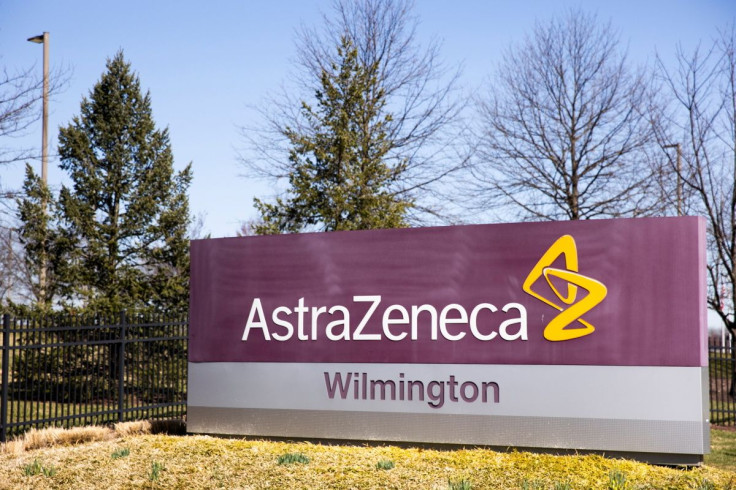AstraZeneca Lifts Revenue Guidance On COVID Treatment

AstraZeneca said it expected prescriptions of its Evusheld injection to protect against COVID-19 to drive sales growth of more than 20% after the company on Friday posted second-quarter profit that topped analyst expectations.
The London-listed company increased its full-year revenue guidance, saying it expects it to rise by a percentage in the "low twenties" rather than the "high teens" forecast previously.
It kept its forecast for a gain in adjusted earnings per share in the "mid-to-high twenties percentage" unchanged, partly because of a bigger budget for drug research and development and for the marketing and distribution of Evusheld.
Analysts at brokerages Jefferies and JPMorgan said investors were unlikely to be impressed by the earnings outlook and its shares fell 2.5% at 0735 GMT, underperforming the STOXX Europe 600 Health Care index that slipped 0.4%.
Second-quarter adjusted earnings almost doubled to $1.72 cents per share for the three months ended June 30, on revenue of about $10.8 billion, up 31%. Analysts on average expected profit of $1.56 cents per share on revenue of around $10.5 billion, Refinitiv data showed.
On Friday, the company also revealed the replacement for non-executive Chairman Leif Johansson - Michel Demar? will take over once Johansson retires next year. Demar? currently serves as the chair of AstraZeneca's remuneration committee.
Johansson became chairman in 2012, around the same time as Frenchman Pascal Soriot took charge as chief executive.
The move effectively rules out Soriot, who fended off a takeover approach from Pfizer in 2014, as a chairman candidate.
As past chairman of Syngenta, Michel Demar? in 2015 led the Swiss crop chemicals maker's successful defence against an unwanted takeover approach from U.S. rival Monsanto, which resulted in the agreed acquisition of Syngenta by ChemChina.
AstraZeneca said it expects increasing sales of Evusheld - an antibody-based COVID-19 treatment for those with a weak immune system - to offset a decline in sales of its vaccine Vaxzevria, developed with Oxford University, in the face of growing competition.
The company previously expected Evusheld growth would not make up for the decline in Vaxzevria sales.
Astra's best-selling product Tagrisso against lung cancer saw quarterly revenues increase by 7% to $1.4 billion, while sales of cardiovascular and diabetes treatment Farxiga jumped 51% to $1.1 billion in the quarter, both slightly ahead of market expectations.
© Copyright Thomson Reuters 2024. All rights reserved.





















